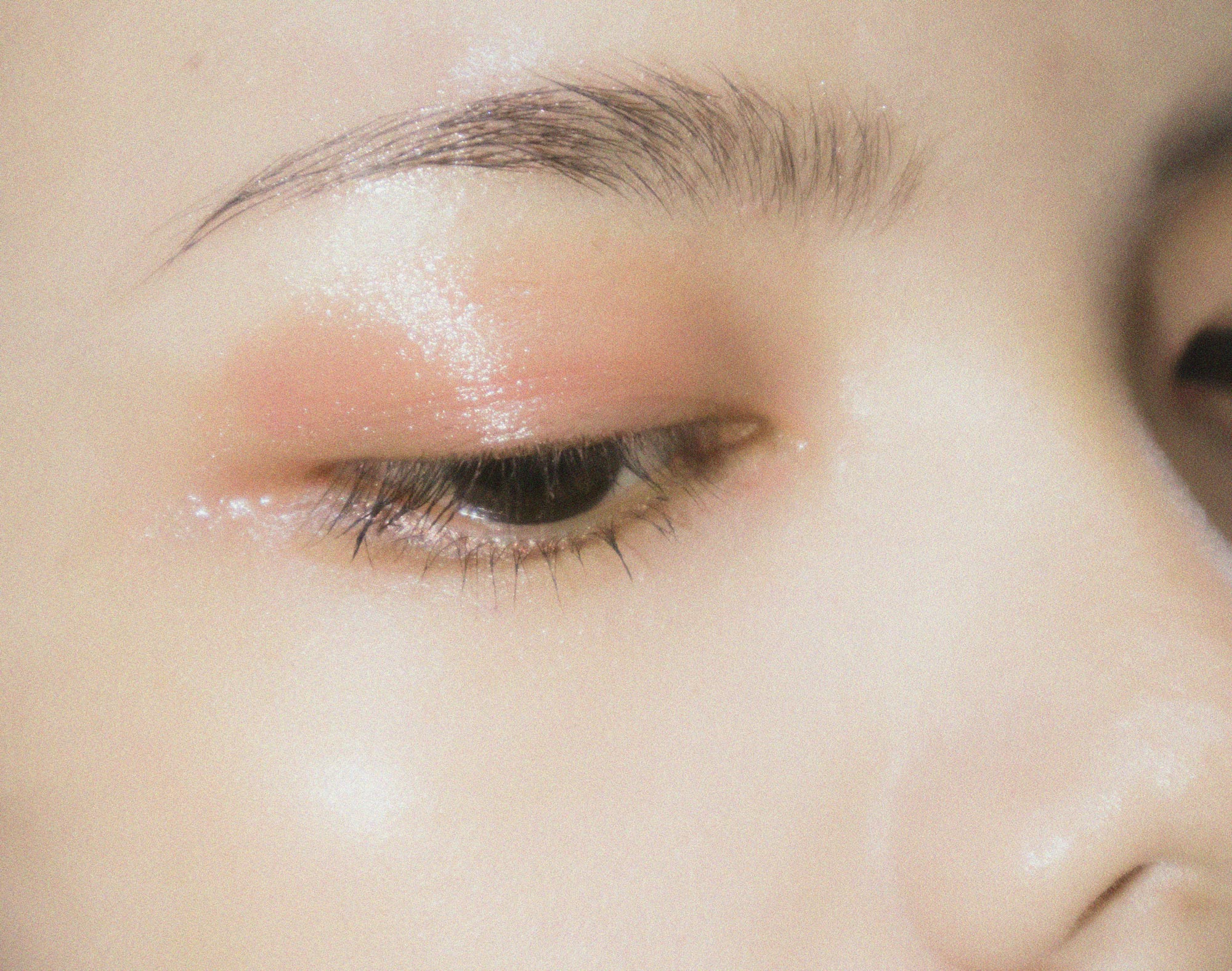by Camilla Vaiani
TL;DR:
Makeup isn’t just aesthetics: it’s tied to self-expression, empowerment, self-esteem, social perception, and workplace outcomes. Research shows specific products (eyes, blush, lipstick) influence how we’re seen and how we feel. The global market is huge ($299.8B in 2022 → $417.2B by 2030), with significant time and money invested—so the psychological impact is real. Makeup can support mental well-being as self-care, but women’s value must never be reduced to appearance.
How Big is the Cosmetic Market, and Why Does it Matter Here?
It’s massive and growing, which magnifies makeup’s psychological and social effects. According to Fortune Business Insights, the beauty market was about $299.8B in 2022, projected to reach $417.2B by 2030. Consumers invest not only money (women ≈ $3,765/year; men ≈ $2,928/year) but also time (women ≈ 55 minutes/day). With so much attention and spend, makeup inevitably shapes identity, confidence, and how others respond to us.
Why Do We Wear Makeup from a Psychological Perspective?
According to a recent article by PsicoAdvisor, there are various psychological reasons and implications for why makeup and skincare have become part of our lives as habitual and meaningful actions. Among many:
- Self-expression: Colors, textures and finishes signal mood, creativity, and identity.
- Enhancement: Good makeup spotlights natural features rather than hiding behind a mask.
- Empowerment & self-esteem: By softening perceived flaws and elevating strengths, makeup can reduce social anxiety and boost agency.
- Social perception: Appearance influences day-to-day interactions—sometimes even hiring, promotion, and pay dynamics.
Is Wearing Makeup a Sign of Narcissism?
No – narcissism is an obsessive pattern of approval-seeking and image control; makeup alone doesn’t prove it. According to Overcoming Toxic People, what makes an individual narcissistic is their obsessive-compulsive desire to seek public approval and "hyper-protectively" control their image. Therefore, makeup should not be viewed as a cause of narcissism, but rather as a consequence.
Judging personality disorders from looks is unreliable. Many people use makeup as self-care or communication, not compulsion. Conflating grooming with pathology stigmatizes normal behavior and ignores the role of social norms.
What Does Psychology Say About Eye Makeup?
Defined eyes read as brighter, healthier, and more youthful – traits widely perceived as attractive. According to Chron, eyeliner, mascara, and shadow intensify contrast so the sclera looks whiter and eyes look larger. That combination is linked to perceived vitality and youthfulness, which often elevates attractiveness and social approachability.

What Do Cheeks and Blush Communicate?
Even tone and healthy color signal vitality and symmetry. Foundation can reduce signs of fatigue and unevenness: the report by Mulhern et al. (2003) concluded that it makes the most significant difference in women's attractiveness.
Blush adds natural warmth and lift to the cheekbones. Subtle red-family hues are associated with health, youth, and femininity, (Elliot and Niesta, 2008), and they guide attention toward the eyes rather than age-telling areas like jaw/neck.
What’s the Psychology of Lipstick?
Lip color – especially bold reds – is linked to confidence, sensuality, and approach behavior. According to some studies, including those by Stephen and McKeegan (2010) and Guéguen (2012), women who wear red lipstick are much more attractive, and men tend to approach them (for example, in a bar) more quickly than women with pink or brownish lipstick. Mechanisms include contrast enhancement, associations with vitality, and a clear confidence signal by the wearer.

What Do Makeup Colors Say About our Mood and Message?
According to Rocco Ingria, a makeup artist and teacher at the Beauty University REA Academy, the use of certain colors in makeup also hides specific emotions:
- Blue: calm, poise, mystery
- Yellow: joy/energy, but also irritability when overdone
- Green: vitality, assurance, self-belief
- Red: passion, love, intensity/aggression
- Purple: status, ambivalence, balance through struggle
- Brown: groundedness, stability
- Gray: neutrality, reserve
- Black: elegance, power (but also mourning)
- White: clarity, new beginnings, freedom
Where Does Value Truly Lie – Beyond Makeup?
In talent, integrity, intelligence, and contribution—not in eyeliner or heels. Makeup can help us feel ready, but it mustn’t be a measuring stick of worth. Fair pay and professional recognition should reflect results and skills, not grooming. True empowerment means using beauty as a tool, while rejecting systems that treat appearance as currency.
What Needs to Change Behind and Beyond Appearances?
Culture – not individuals – must shift. Moving past rigid beauty norms requires policies, leadership, media, and everyday choices that prioritize competence and character. Makeup remains welcome as choice and artistry, not obligation or gatekeeping.
FAQs
How big is the cosmetic market?
Roughly $299.8B (2022), projected $417.2B by 2030.
How much do people spend per year on beauty?
Women ≈ $3,765; men ≈ $2,928 (products, services, gym, etc.).
Why do we wear makeup?
Self-expression, enhancement, empowerment, confidence, and smoother social interactions.
Is makeup good for mental health?
Yes – as self-care and creative expression, it can lift mood and self-confidence.
Why is eye makeup attractive?
It increases contrast and perceived eye brightness/youth.
What’s the importance of blush?
It signals health and vitality and subtly lifts facial proportions.
What’s the psychology of lipstick?
Bold shades—especially red—signal confidence and can increase approach behavior.
What’s the psychology behind color choices?
Colors encode emotions and intent, shaping how others read our presence.




